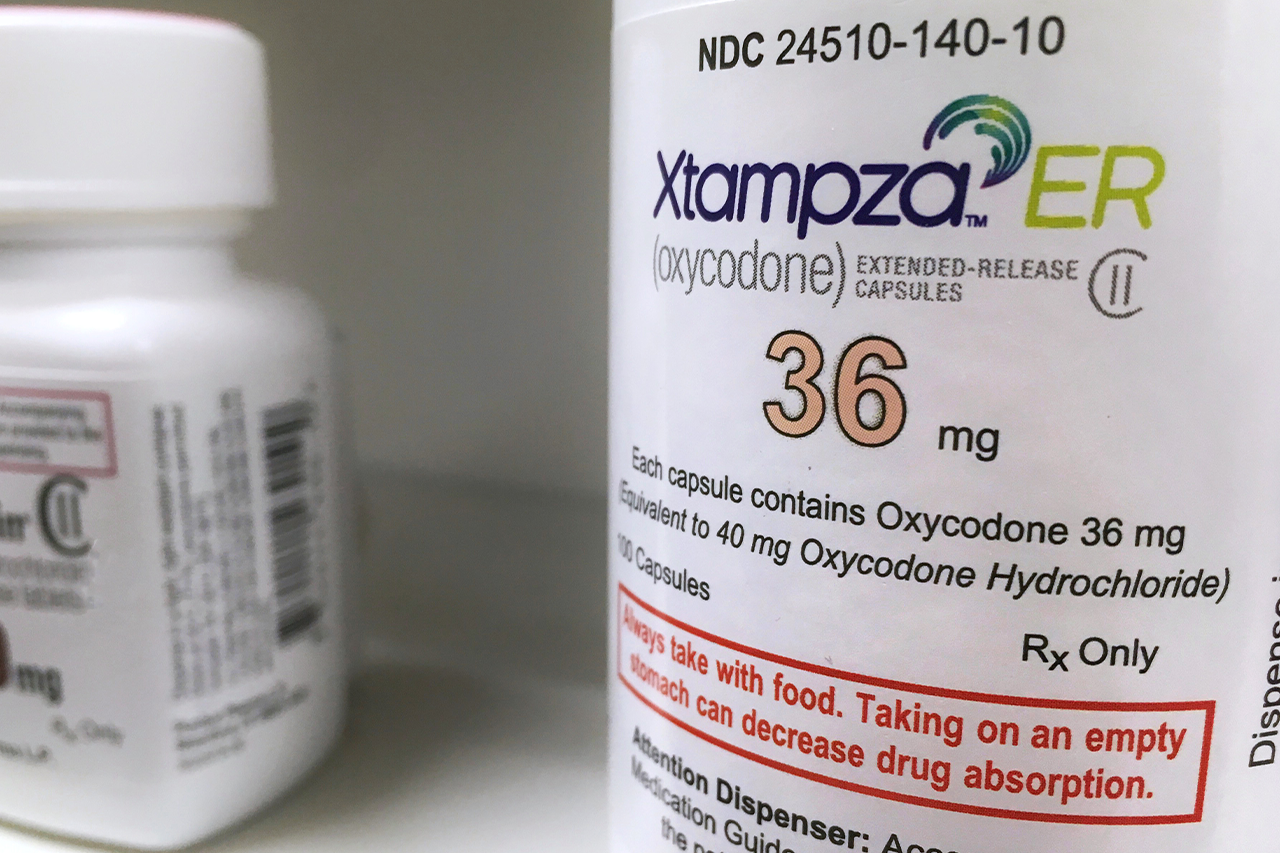


Xtampza Side Effects
September 6, 2022


Can You Snort Xtampza
September 23, 2022


Xtampza Side Effects
September 6, 2022


Can You Snort Xtampza
September 23, 2022
Cocaine Side Effects, Withdrawal Symptoms, & Treatment
Cocaine is considered a high-end street drug, and it’s often referred to as the “caviar of street drugs.” It’s also been played up in the media as the drug of choice for the rich and famous. However, cocaine addiction isn’t limited to any community, and the drug is anything but fabulous. Also known by street names like rock, crack, blow, and ice, cocaine is a purified extract of the Erythroxylum coca bush. There are two major forms of this drug: a powdered form and a crystalline form. Today, our Christian drug rehabilitation center is sharing more on cocaine side effects, withdrawals, and how we help addicts find sobriety.How Cocaine Works
As we mentioned, cocaine comes in two different forms, both of which are used differently and may produce different types of a high. One is the rock-like form called crack cocaine. The other, powdered cocaine, is dissolved in water and can either be injected or snorted in powder form. The crystalline version of cocaine is heated in a glass pipe (“crack pipe”) to create a vapor or smoke that’s inhaled. The duration of a cocaine high varies depending on the way it’s used. However, cocaine in general produces a relatively short high, meaning that users will take the drug multiple times within a short period to sustain the high. This type of behavior tends to result in an addiction. As a stimulant, cocaine works by increasing dopamine levels in the brain. Normally, this chemical is released when we experience or view pleasurable stimuli – such as eating good food – then recycled back into the brain cell that it’s released from. Cocaine disrupts this process, however, by blocking dopamine from being reabsorbed. This causes large amounts of dopamine between cells in the brain, which increases the effects of dopamine, like well-being and euphoria. This, along with other symptoms like increased energy and heart rate, are the characteristics of a cocaine high. This drug may also be used along with other substances like sedatives (alcohol and benzos) to intensify the high and ease the inevitable crash. Abuse and addiction to cocaine can impact the heart and the brain and leave users emotionally and mentally exhausted.What Are the Side Effects of Cocaine Use?
Because cocaine increases the levels of dopamine in the brain along with other chemicals, it stimulates the central nervous system, impacting functions like heart rate, breathing, and thinking. This buildup causes intense feelings of energy and alertness, as well. Other common crack cocaine side effects include:- Anger
- Irritability
- Convulsions and seizures
- Increased breathing
- High blood pressure
- Decreased appetite
- Weight loss
- Extreme sensitivity to light, sound, and touch
- Headaches
- Heart disease
- Heart attack
- Stroke
- HIV or hepatitis if injected
- Intense happiness
- Loss of smell, nosebleeds, runny nose, and trouble swallowing, if snorted
- Lung damage
- Mood problems
- Paranoia
- Sexual trouble
Cocaine Withdrawal Symptoms
Though stimulant withdrawal doesn’t usually involve many physical symptoms, some individuals may be at risk of experiencing a significantly debilitating condition called dysphoria. This condition, in some cases, could cause the person to experience suicidal thoughts or attempts and could increase the risk of relapse. Additionally, the severity of a person’s withdrawals can vary widely depending on the severity and duration of the person’s cocaine use. These symptoms are also influenced by age, general health, and the amount of cocaine the person used. Common symptoms of cocaine withdrawal include:- Anxiety
- Body aches
- Chills
- Cravings for cocaine
- Depression
- Difficulty concentrating
- Exhaustion
- Inability to feel pleasure (anhedonia)
- Irritability
- Pain
- Tremors and shakiness
Cocaine Rehab in Florida
Left untreated, cocaine addiction can be devastating to a person’s health and well-being. However, with professional care and support, long-term recovery is possible. In addition to medically assisted detox, our Christian drug rehab also offers substance-specific programs, such as cocaine addiction treatment. These programs take the client’s needs into consideration, including their unique struggles and the drug they’re trying to quit. Administered in a clean and safe facility with various amenities, our rehab programs could help you or a loved one achieve long-term sobriety. Call Faith in Recovery at 888-280-4763 for more information about our Christian addiction recovery options.Related Reading:
The Difference Between Crack and Meth
Link Between Weight Loss and Drug Addiction

